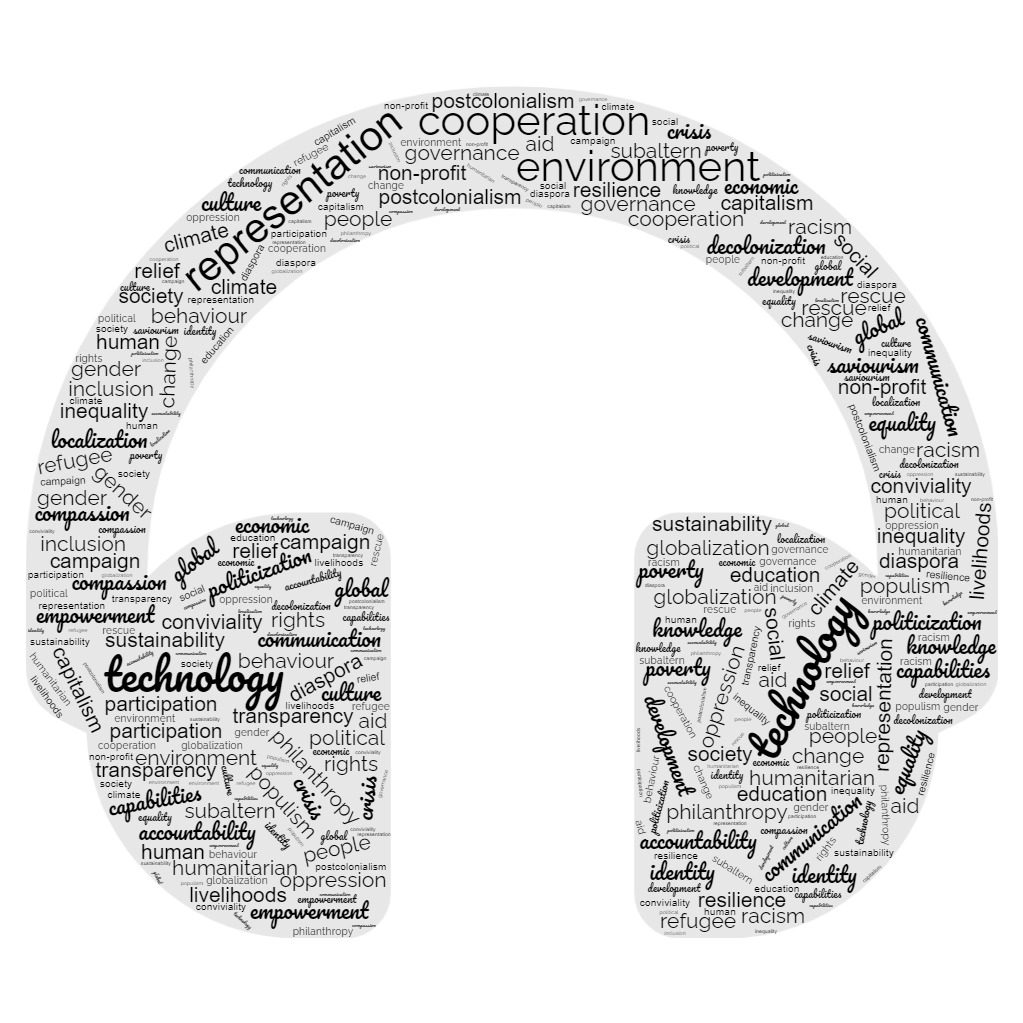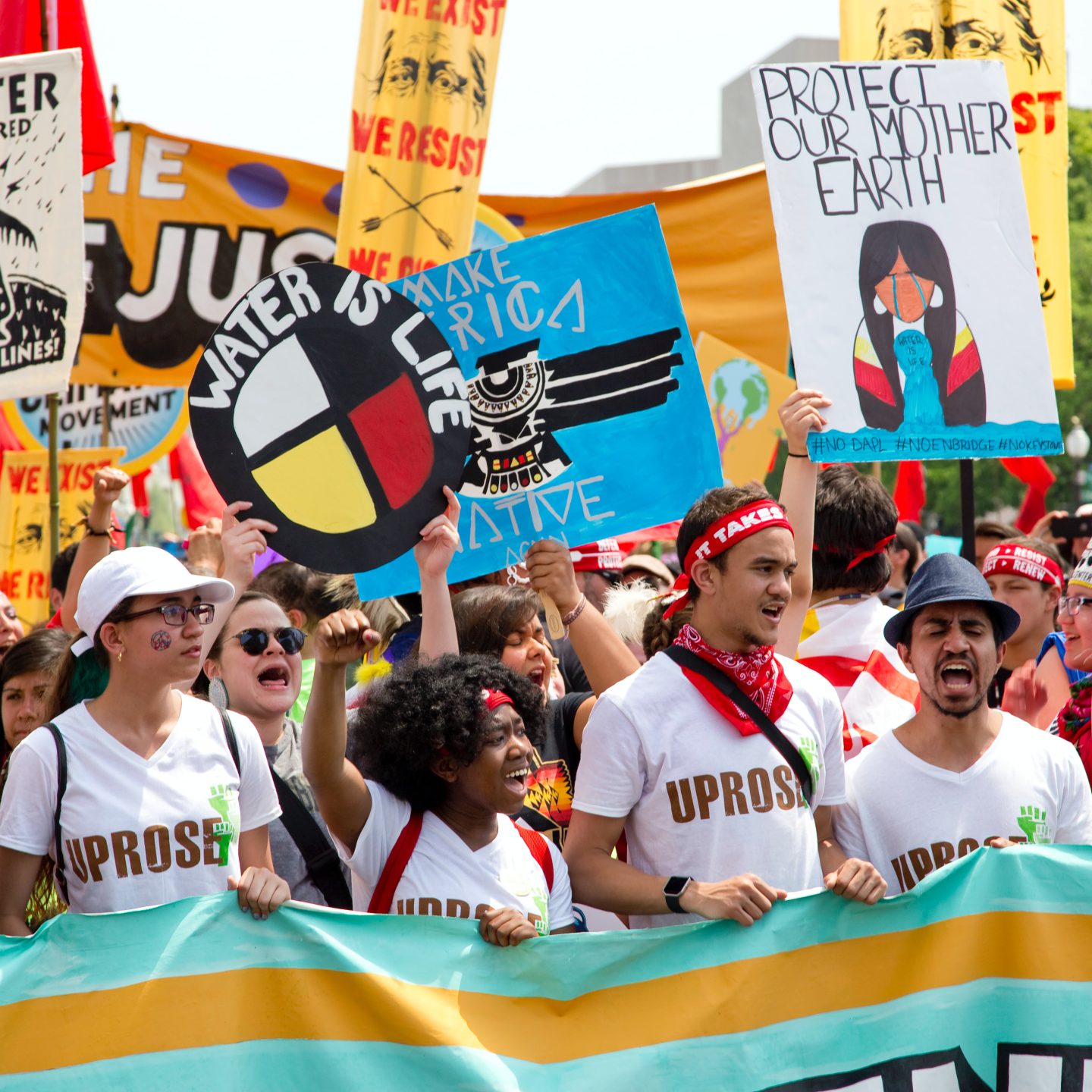Header image credit: Vlad Tchompalov| Unsplash
#Listen to this post
In an era where governments worldwide are becoming increasingly hostile towards climate activists, digital platforms emerge as critical spaces for climate activists to champion the climate crisis. Although digital platforms provide a number of opportunities to raise awareness, support organization and protest within the broader social movements, they also pose unique challenges for climate activists.
Digital platforms both enhance and hinder climate activism:
Information dissemination
Social media platforms such as Facebook, X, formerly known as Twitter, and TikTok, are useful tools which enable information to spread rapidly online and engage a wide audience. The ability to create viral trends empowers digitally savvy activists to increase visibility and promote their cause globally.
However, efforts are often undermined by the influence of fossil fuel companies. The fossil fuel industry invests heavily to spread false or misleading content on the same digital platforms. A study by Climate Action against Disinformation, published in September 2023, affirmed that Big Tech companies are often complicit actors in climate denialism. The report exposed that prior to COP 27, approximately 4 million USD was spent on spreading disinformation, and false and misleading claims on Meta, by entities linked to the fossil fuel industry.
“Big Tech is clearly failing to stop the extensive climate misinformation that threatens climate action. A toxic and fossil-fueled minority is drowning out the voices of science and reason and social media platforms are complicit. The scores in this report are unacceptable, especially in the case of Twitter/X, and should be a wake up call for platforms and regulators to finally take climate misinformation seriously.”
Erika Seiber, Climate disinformation spokesperson, Friends of the Earth
Additionally, the United Nations’ Policy Brief for Information Integrity on Digital Platforms, published earlier this year, highlighted that while digital platforms have achieved a lot, in terms of connecting people on common issues and amplifying marginalized voices, they have also caused harm. The current business models of digital platforms reliant on the revenue created by advertising and engagement levels, tend to promote polarizing content through algorithms, potentially drowning out the efforts of climate activists.
Global awareness and solidarity
Digital platforms provide spaces for the creation of networked communities enabling activists, from all over the world, to connect, share their experiences and provide support to one another. Events such as the march to #endfossilfuels in September 2023 mobilized communities in over 65 countries, highlighting the power of how digital platforms support the organization and the awareness needed for a global social movement.
“A just and equitable transition towards sustainable renewables and committed to protecting workers and communities is the way forward. The people have spoken and our leaders cannot afford to ignore this growing groundswell of resistance.”
Tasneem Essop, Executive Director, Climate Action Network
Platform hashtags help create a sense of solidarity among different movements, connecting different networked communities, amplifying their impact worldwide and provoking action from others in the community.
Avoid surveillance and anonymity
Climate activists are increasingly targets of digital surveillance from various antagonists including governments and others. Climate activists are using online privacy tools to avoid surveillance. There are concerns among civil society over increasing controls from governments on media and increased actions being taken against protestors. A few media reports have brought attention to concerns raised by civil society during COP27, Germany and France have also invoked legal powers to track and wiretap activists. Organizations such as Privacy International provide guidance for climate activists to avoid surveillance.
Activists are also vulnerable to harassment and online abuse. While some platforms have made efforts to limit abuse there are few recognized definitions as to when abuse becomes hate speech. However, activists are fighting back, through court cases, and increasingly movements are sharing information on how to stay safe online.
Online platforms offer powerful opportunities to mobilize and raise awareness, however, the challenges mentioned also create a difficult environment for activists to navigate. It requires digital fluency to leverage the power of these tools to provoke the social change needed to fight the climate crisis which may exclude vulnerable and marginalized groups.
As climate activists get ready to assemble at COP 28 in UAE in December, what strategies do you think could be used to leverage digital platforms to support climate activism? Share your thoughts in the comments below.
Don’t want to read? Listen to this post here:

